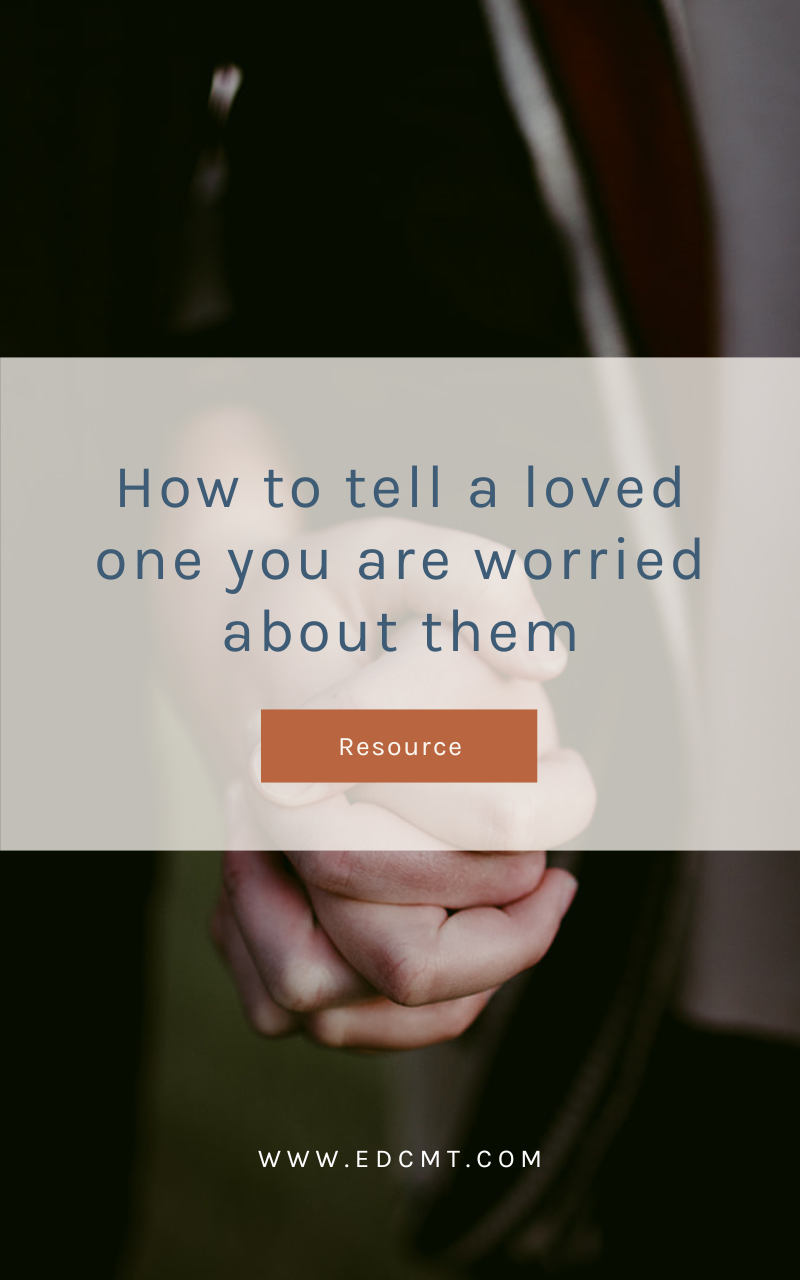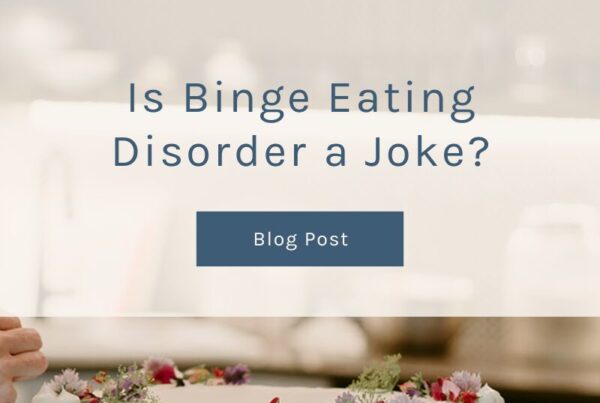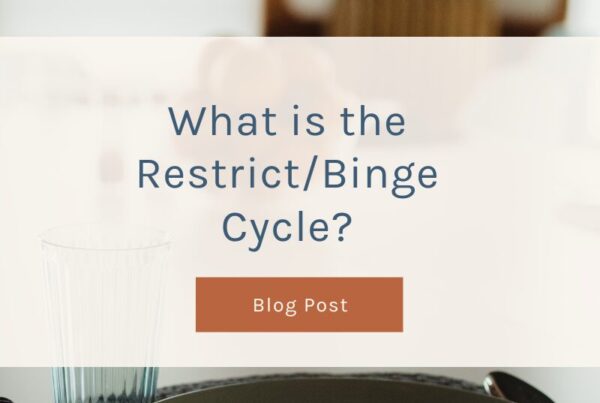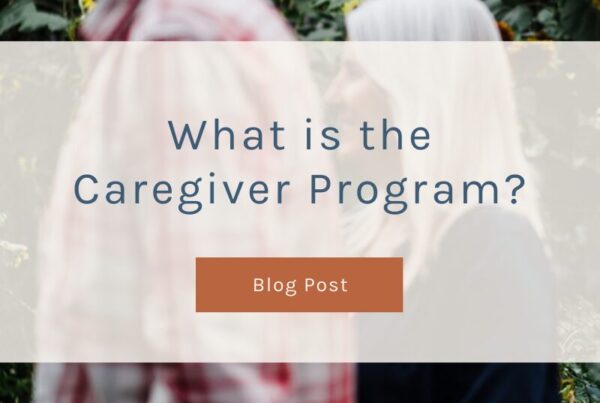
People ask us all the time: “I’m worried about my loved one, and I think they need eating disorder treatment. How do I talk to them about it?” Although no one can force someone to participate in treatment if they are not ready to heal, it is still very important—and worth it—to broach the subject and let them know that you are concerned.
If you are concerned that someone you love may have an eating disorder, being there for them and helping them find support when they are ready is the best thing you can do.
What to say:
Ask your friend or loved one for some designated time to talk.
Tell them how important they are to you and that you’ve noticed a few things that have made you worry about how they are doing.
Ask them “Do you feel like your struggles with food and body issues are creating a problem in your life?” Remind them that this is really common in our culture and nothing to be ashamed of.
You may say, “I see you struggling, and I’m concerned (and then describe one thing that you see – i.e., you’re not eating; you’re vomiting; you’re restricting; extreme exercise behaviors; etc.” If they don’t think they are struggling, you can say, “I know, and the fact that you don’t see it, is the problem.” Be sure to avoid commenting on their weight or appearance.
If they accept that they are struggling, ask if you can put together a plan to seek help and reach out to eating disorder specialists.
If they don’t want to accept that they are struggling, you can say, “Okay, I see that you want me to drop this now, so I will, but I want you to know that I will circle back in a few days, because I don’t think this is something that we should let slip under the radar.”
This video from the National Eating Disorders Association might be a helpful tool for you as you prepare for your conversation: https://www.youtube.com/watch?v=fX1CFDtdgbY
Dos and Don’ts
Do:
- Remember that people with eating disorders want others to know that they are struggling. Even if they are acting out or pushing you away, they want to be seen and acknowledged. At the same time, shame and secrecy often shroud peoples’ ability to acknowledge their own struggle with food.
- Be honest. Be direct and say what you see.
- Take a breath and allow them to respond. It is understandable to be nervous about this conversation.
- Try to stay calm and not get heated or accusatory.
- Say something. Because so many disordered eating behaviors are normalized, and even celebrated, in our culture, you may be the first person to speak up about your concerns.
- Be caring and firm.
- Reassure them that they aren’t alone. Suggest they seek help from healthcare professionals who specialize in eating disorders.
Don’t:
- Don’t try to give simple solutions. Eating disorder recovery is hard work, but it is possible.
- Don’t invalidate their experience or try to convince them that you are right.
- Don’t give advice about weight, exercise, or appearance.
- Don’t ignore or avoid the situation until it is severe or life-threatening.
- Don’t place shame, blame, or guilt on them.
- Don’t comment on their body size or appearance.
This conversation is probably going to be hard. If they are upset or triggered by it, that doesn’t mean you did anything wrong. At the end of the conversation, remind them that you care, that they are not alone, and that healing is possible.
Support and Resources:
Eating Disorder Center of Montana
Call: 406-451-7370
Visit: edcmt.com
@eatingdisordercentermt
Bozeman Help Center
24/7 crisis support line: 406-586-3333
Visit: bozemanhelpcenter.org
National Eating Disorders Association (NEDA)
24/7 crisis support: Text “NEDA” to 741741
Helpline: 800-931-2237
Visit: nationaleatingdisorders.org
Screening tool: https://www.nationaleatingdisorders.org/screening-tool
@neda
Project Heal financial support
Email: contact@theprojectheal.org
Visit: theprojectheal.org
@projectheal




